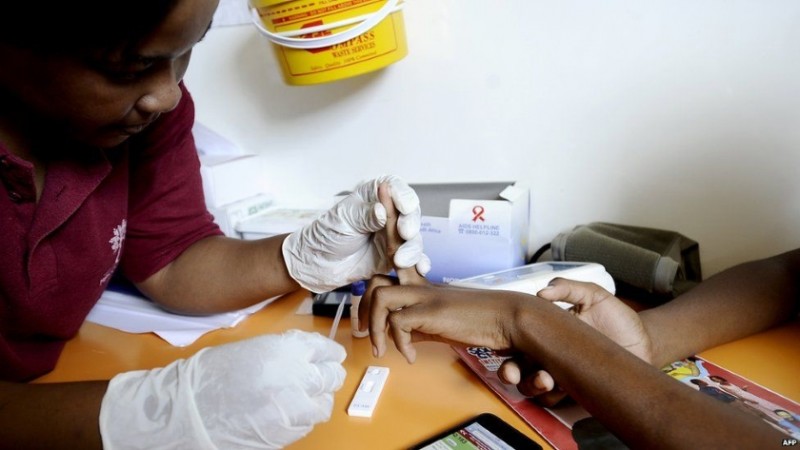
The United States Agency for International Aid (USAID) has allocated a substantial grant of $45 million to eight African countries to lead research and development efforts in creating an HIV/AIDS vaccine. This funding arrives at a critical juncture when financial constraints have compelled these nations to depend heavily on medical donations.
The countries benefiting from this initiative include Zambia, Nigeria, South Africa, Zimbabwe, Mozambique, Uganda, Kenya, and Tanzania. Their mission is crystal clear: to develop a highly effective HIV vaccine with efficacy rates ranging from 60 to 80 per cent. Dr. Cissy Kityo, the Executive Director of Uganda's Joint Clinical Research Centre (JCRC), has emphasized the project's ultimate goal of creating a preventive vaccine for HIV infections.
The project will unfold over the next five years, uniting these nations in a collaborative effort that combines their collective knowledge and technologies to advance vaccine development.
While the United Nations Programme on HIV/AIDS (UNAIDS) endeavours to eliminate HIV by 2030, there are disparities in progress across various regions. South Africa, having made substantial investments in the fight against HIV, achieved a remarkable 57 per cent reduction in HIV infections in 2010.
However, Africa faces a significant challenge in vaccine production due in part to the constraints imposed by major pharmaceutical companies on patent rights, intellectual property, and drug and vaccine pricing, influenced by their advanced technologies. This presents a contrast to the more flexible approach of African manufacturers.
Jane Nalunga, Executive Director of the Southern and Eastern Africa Trade Information (Seatini), calls for a review of Intellectual Property (IP) agreements in Free Trade Agreements (FTAs), such as the African Continental Free Trade Area (AfCFTA), Kenya-UK agreements, and Ghana-UK FTAs. Such a review would enable more flexibility in patent protection and promote the local production of generic vaccines in Africa.
Uganda's Science and Technology Minister, Dr. Monica Musenero, underscores the need for African countries to meet international healthcare standards, despite resource and capacity disparities. This funding from USAID marks a significant step toward equipping African nations in their fight against HIV/AIDS and achieving their vision of a highly effective vaccine.
Article by Nyokabi Wanjiku
Photo/BBC

Comment